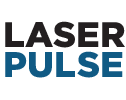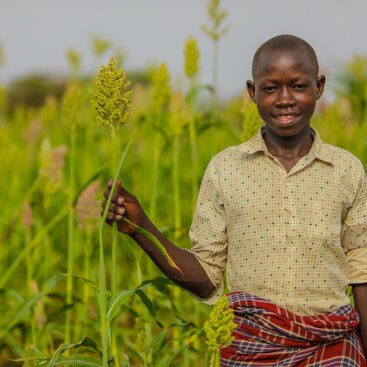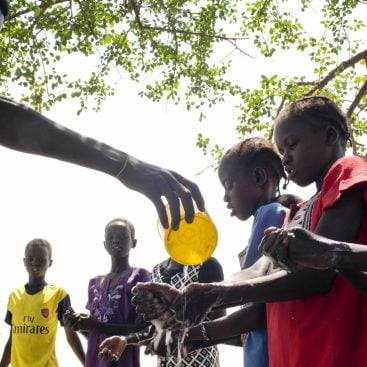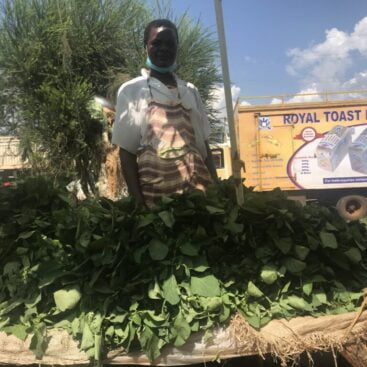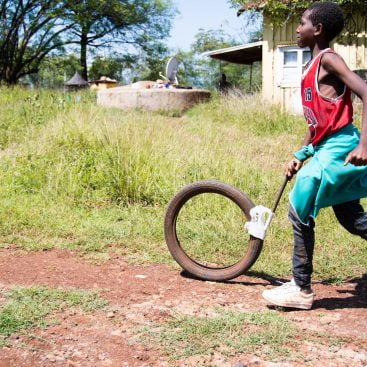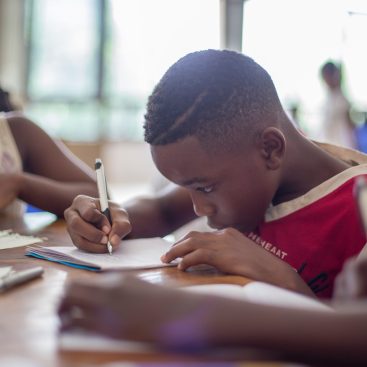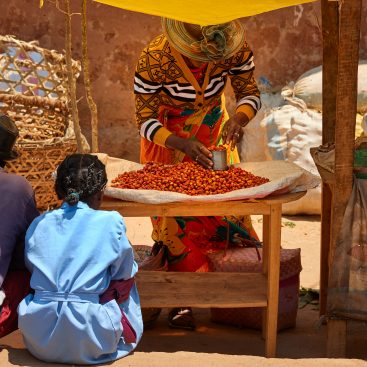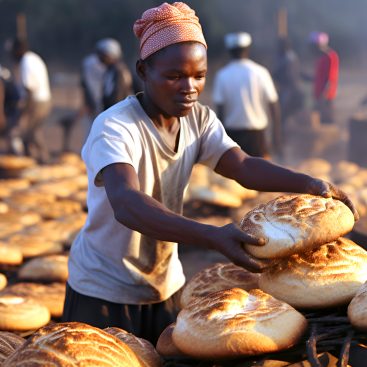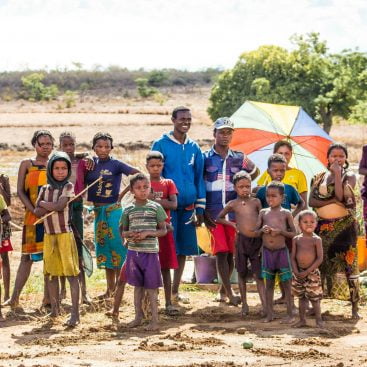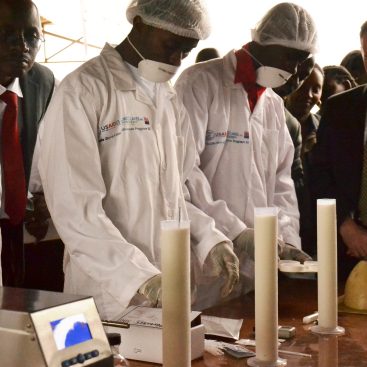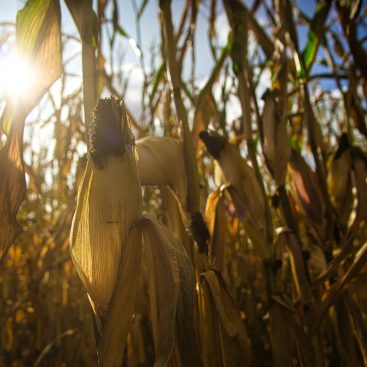Research Team
PI:

Dr. Kizito Nishimwe
Lecturer
Department of Food Science and Technology – College of Agriculture, Animal Science and Veterinary Medicine, University of Rwanda
Email: k.nishimwe@ac.ur.rw
PI:
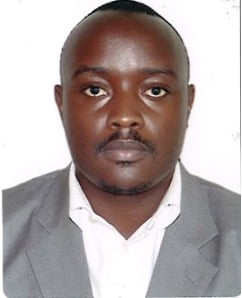
Dr. Anselme Shyaka
Assistant Professor of One Health
Center for One Health, University of Global Health Equity
Email: ashyaka@ughe.org
Co-Pi:

Dr. Dirk Maier
Professor
Department of Agricultural and Biosystems Engineering (ABE) – Iowa State University (ISU)
Email: dmaier@iastate.edu

Dr. Rosine Manishimwe
Lecturer
Department of Veterinary Medicine – College of Agriculture, Animal Science and Veterinary Medicine, University of Rwanda
Email: rosinem3@yahoo.fr

Dr. Geoffrey Dahl
Professor
Institute of Food and Agricultural Sciences (IFAS) – University of Florida (UF)
Email: gdahl@ufl.edu

Dr. Diwakar Vyas
Assistant Professor
Institute of Food and Agricultural Sciences (IFAS) – University of Florida (UF)
Email: diwakarvyas@ufl.edu
Embedded Research Translation Lead:

Dr. Fabrice Ndayisenga
Head of Department
Department of Animal Resources Research and Technology Transfer – Rwanda Agriculture and Animal Resource Development Board (RAB)
Email: fabrice.ndayisenga@rab.gov.rw
Project Information
Title of Project: Technology Tools for Building Resilience of Dairy Farms and Improving Dairy Production in Rwanda
Sector: Agriculture and Food Security
Country: Rwanda
Lead Institution: University of Rwanda
Co-PI Institution: University of Global Health Equity (UGHE), Rwanda Agriculture and Animal Resource Development Board (RAB), Iowa State University (ISU), University of Florida (UF)
Final Budget: $179,967.90
Project Length: 15 months
Research Objective:
The proposed research aims for paradigm shift from subsistence framers to the modern business-oriented dairy with high milk production in Rwanda. Specifically, the research project proposes to tackle and explore solution for two main challenges: Feeding and Reproduction management. First, the project will identify local animal feed resources that are easily accessible and available for farmers at lower cost. The feed nutritional value will be evaluated and obtained results will be used to propose an adequate ration for an optimum milk production. The information on the nutritional value of local feedstuffs as well as all associated animal husbandry teaching and feed safety, and feed quality materials will be fed into the existing smartphone app – Market Oriented Dairy (MOD) Ration Formulation Tool (RAFT) app – developed by the University of Florida. The app, available for iOS and Android versions, will be customized for the Rwandan context before use by farmers to create a balanced ration for their dairy cattle. Second, an early laboratory-based diagnostic method will be proposed as a solution to assist farmers in knowing the pregnancy status of cattle after artificial insemination or natural mating. The early diagnostic method will help get a non-pregnant cow back to mating or artificial insemination as soon as possible. This method will ensure that farmers achieve breeding efficiency with each of their cows having a calf every year. This efficiency will ensure that cows produce more milk in their lifetime and generate benefits to farmers. In addition, the outcome will contribute to sustaining the existing Girinka program through an accelerated pass-on mechanism (1st calf is given to another poor family to keep the program process).
The two main objectives of this study will significantly transform cattle production into a more competitive value chain. In fact, the dairy cattle sub-sector will be modernized through the adoption of a new technology-based management system of feeding and breeding. The increased cattle productivity will contribute to the creation of jobs related to livestock management and livestock products processing and selling and, therefore, contribute to increased livestock and agriculture productivity and the National Strategy for Transformation.
Project Description:
In Rwanda, the livestock sector accounts for 12% of the agriculture sector in terms of GDP contribution and is the fastest growing sub-sector, with an average 5.2 % growth per annum. The dairy and beef cattle constitute two (2) of the four (4) priority value chains identified by the Ministry of Agriculture and Animal Resources (MINAGRI) livestock master plan and were perceived and targeted as potentially capable of being modernized for increased productivity to contribute to the well-being of rural farmers but also to further develop the livestock import industry. Cattle production holds a central role in the socio-economic aspect of Rwandan families. It contributes to the prevention of malnutrition within households, provides income for families, and is a source of manure to assist small scale cropping activity. To date, the Government of Rwanda and various stakeholders have, through the Girinka program, provided heifers to more than 365 thousand families. This has resulted in current milk production of over 2 million liters a day, and annual milk production of 900 metric tons and 162 thousand tons of meat at a national scale.
In spite of evident achievements, cattle production systems encounter several challenges that impede a full expression of its performance. The main hindrances are poor management of cattle breeding and inadequate quality and quantity of animal feed. Therefore, the dairy cattle sub-sector needs to be modernized through the adoption a new technology-based management system of feeding and breeding. The proposed research will contribute to the increased cattle productivity and to the creation of jobs related to livestock management and livestock products processing and selling and, therefore, contribute to increased livestock and agriculture productivity and the National Strategy for Transformation.
Embedded Research Translation Product:
From the proposed research project, translated products are:
- A developed mobile smartphone application – MOD-RAFT – which will allow dairy cattle farmers to formulate a balanced feed ration at the lowest cost based on locally available feed ingredients will be adopted and customized. The app presents an opportunity for by Rwanda Agriculture and Animal Resources Development Board (RAB), the translation partner.
- Low-cost early pregnancy diagnostic testing established at Rwanda Agriculture and Animal Resources Development Board (RAB) and dairy farmers will be able to test cows’ pregnancy after 28 days instead of waiting 3 – 6 months at the low cost of $5 – $10.
- Teaching and guideline materials on feed safety and quality and on early pregnancy detection translated in Kinyarwanda intended primarily for farmers will be integrated in-mobile based app and freely accessible.
Embedded Research Translation Audience:
Dairy farmers, NGOs involved in the livestock sector, livestock extension agents, policymakers in livestock sector, feed vendors, and academia.
Outputs:
- Mobile smartphone application to formulate a balanced feed ration at the lowest cost available for dairy farmers in Rwanda.
- Early pregnancy diagnostic testing lab available at RAB for dairy farmers
- Teaching and guideline materials in Kinyarwanda on feed safety and on early pregnancy detection integrated in mobile-based application freely accessible.
